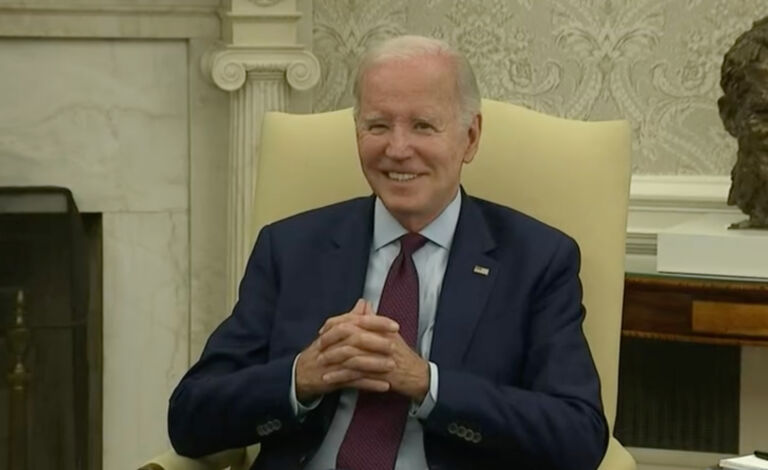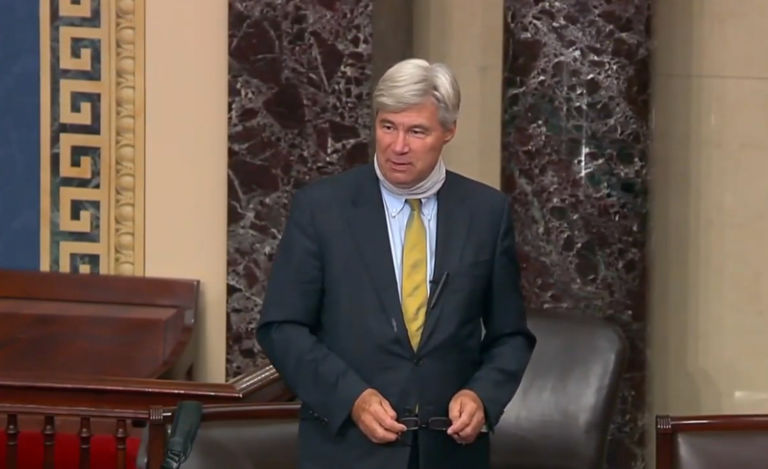Every so often, the Wall Street Journal runs an op-ed from someone who is a full-throated advocate of the Mega-state. Yesterday, Ralph Nader contributed such a piece, arguing in favor of a tax on financial speculation. He said it would raise lots of money for the government and reduce what he regards as wasteful financial activity. Oh yes — and some activists like the idea, including a group of nurses.
Here is Don Boudreaux’s reply:
Editor, The Wall Street Journal
1211 6th Ave.
New York, NY 10036
Dear Editor:
Ralph Nader's call for an additional tax on gains earned through "financial
speculation" swirls with comical irrelevancies (So what that this tax is
supported by the group "National Nurses United"?) and failures to deal with
fundamental objections to such a tax ("Time for a Tax on Speculaton," Nov. 2).
The principal objection to the tax that Mr. Nader and the nurses demand is not
that it will harm small investors. Rather, the chief objection is that, by
preventing asset prices from reflecting as fully and as quickly as possible the
collective judgment of investors, this tax will ensure that inefficient uses of
capital persist longer than otherwise. Asset prices will take longer to reveal
unwise business decisions - as well as, by the way, take longer to reveal unwise
government policies. Capital owners and policymakers, therefore, will be less
disciplined. Over time, living standards will be lower for everyone.
This argument against the tax does not rest upon any presumed 'perfection' of
capital markets or flawless rationality of investors. Instead, it rests upon
the modest proposition that the more prices are distorted by taxes the less
reliably, in general, they serve as trustworthy signals of underlying market
realities.
Sincerely,
Donald J. Boudreaux
Professor of Economics
George Mason University


